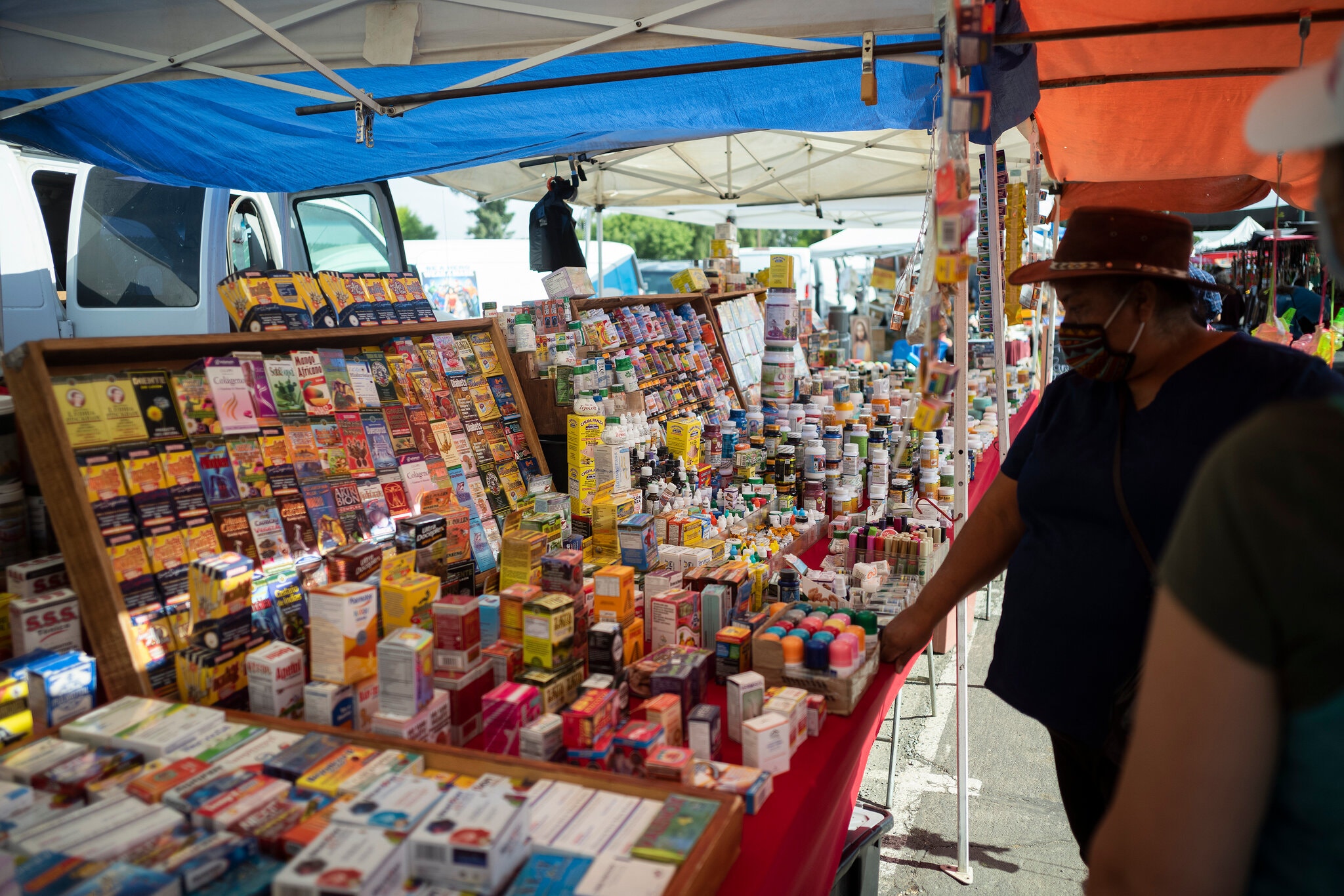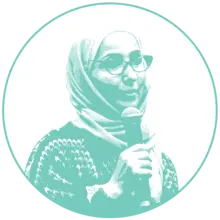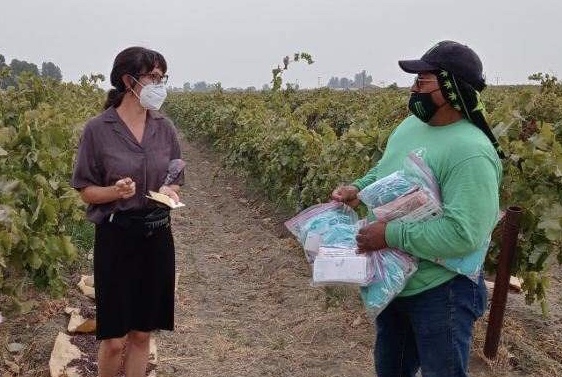
FRESNO, Calif. — On a Tuesday afternoon in April, among tables of vegetables, clothes and telephone chargers at Fresno’s biggest outdoor flea market were prescription drugs being sold as treatments for Covid.
Vendors sold $25 injections of the steroid dexamethasone, several kinds of antibiotics and the anti-parasitic drug ivermectin. Chloroquine and hydroxychloroquine — the malaria drugs pushed by President Donald J. Trump last year — make regular appearances at the market as well, as do sham herbal supplements.
Such unproven remedies, often promoted by doctors and companies on social media, have appealed to many people in low-income immigrant communities in places across the United States where Covid-19 rates have been high but access to health care is low. About 20 percent of Hispanic people in the United States lack health insurance, and the proportion is far higher among undocumented immigrants.

As a nonprofit journalism organization, we depend on your support to fund more than 170 reporting projects every year on critical global and local issues. Donate any amount today to become a Pulitzer Center Champion and receive exclusive benefits!
What’s more, some immigrants mistrust doctors who don’t speak their language or who treat them curtly — and those concerns have been amplified by harsh political rhetoric directed at Mexicans and Central Americans.
“My community fears that the government might be trying to get rid of us,” said Oralia Maceda Méndez, an advocate at a Fresno-based community group for Indigenous people from Oaxaca, Mexico.
A woman in Fresno recently described how her husband, a farmworker, had fallen so sick from Covid-19 that he couldn’t breathe or walk, but he refused to go to the hospital because he had heard rumors that undocumented immigrants had checked in and never left.
She took him to a wellness clinic, where a doctor gave him injectable peptide treatments, recalled the woman, who requested anonymity because of her immigration status.
She wasn’t prepared, she said, for the $1,400 bill, which included the cost of syringes and vials labeled thymosin-alpha 1, BPC-157 and LL-37. Pulling them out of a cabinet in the kitchen of her mobile home, she said she didn’t know exactly what they were, and she still feels the sting of the price.
“I was shocked, but I was trying to act like it was OK because I had to be strong for my husband and my kids,” she said. He grew sicker despite the injections, but the family had no funds left for care. More than a month passed before he was well enough to return to the fields.
Some unregulated drugs can be dangerous. And even if they aren’t a health risk by themselves, they can lead people to postpone seeking help from doctors, which can be deadly. Delayed treatment is one reason Black and Hispanic people have died from Covid at twice the rate as white people have in the United States.
Alternative therapies can also limit a patient’s treatment options because doctors worry about toxic drug interactions, said Dr. Kathleen Page, an infectious-disease specialist at Johns Hopkins University School of Medicine in Baltimore.
“I’m not upset at patients when they tell me what they’ve taken,” Dr. Page said. “I’m upset about the system that makes it easier for them to get help from nontraditional places than from regular health care.”
Sandy Sirias contributed reporting.









